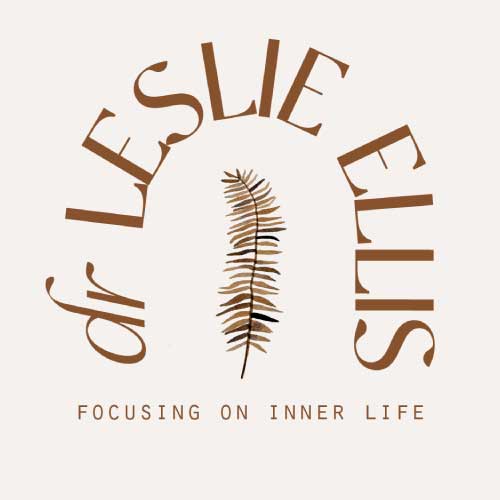Listening is perhaps the greatest gift we can give to each other, especially in this time of social distancing, yet few people really understand how to listen. Here are four essential tips from someone who makes her living listening.
In this time of physical distancing, it is more important than ever to listen well to each other. Feeling heard is a way of feeling connected. In a brief video, Stephen Porges explains how our ability to listen has been eroded by technology, in particular by the fact that much of our communication is no longer in real time. He says our nervous system is designed for synchronous communication: for getting an immediate response to what we say. We have “the expectancy of a reciprocal relationship” in interactions, and when that doesn’t happen, we suddenly feel less safe in our bodies.
Porges suggests that to counteract the detrimental effects on our nervous system of both technology and social distancing, we need to relearn how to be excellent listeners. We need to make it very clear that we are paying attention and that we care. If we do this, our online interactions can provide the kind of support we usually get in closer contact with each other. The following are my suggestions about how to take Porges’ advice and to listen exquisitely.
Seek to understand fully
Too often we jump into another person’s narrative with advice, observations, or worse: examples of our own similar experiences. Most of us tend to do this before we truly understand and absorb what the person is trying to communicate. To become an exquisite listener, tune your ear to the nuances of their message. Take what they are saying down into your body very patiently. Seek to listen only, rather than taking up part of your mental energy formulating a response. If you do this, they will feel you are really with them, and it will infuse what they are saying with more energy and enthusiasm. It will be easy to just listen.
Never interrupt… with one exception
It may seem like common courtesy to allow the person speaking to have the floor until they are clearly finished what they want to say, but in fact, we are prone to interrupting each other. Studies have found that men are significantly more likely to intrusively interrupt women speaking in mixed-gender settings. But the research also found that we all do it, either by chiming in before the other is finished, a sort of ‘joining-in’ interruption, or by intrusively challenging the speaker or taking over the floor. Either way, if you want to be an exquisite listener don’t do it!
There is only one exception to the rule of no interruptions: when you don’t hear or understand what the speaker is saying and you need to seek clarification. Even here, make sure you hear them out first because they may be getting to the part you need to know to understand, and your well-intentioned query can interrupt their flow. Wait for a pause or natural stopping place and then say something like: ‘Can we go back to this point, because I’m not quite sure I understood you fully…”
Give advice or commentary only when asked
As with interruption, abstaining from offering solutions often splits along gender lines. Men tend to listen with an ear to problem-solving and so are more likely want to offer solutions. But we all do this at times. As therapists, we are often expected to offer advice and solutions to our clients. But excellent listeners offer advice only when specifically asked, and then do so only sparingly.
As a client-centered therapist, I believe my client is the expert in their own life situation and my job is to listen well enough to help them arrive at their own answers. I think this is generally true — when we offer unsolicited advice we are implying that we know more about their situation than they do, and this can leave them feeling unheard, possibly even as though you have insulted their own intelligence and capacity to work things out for themselves.
Communicate understanding and empathy
So what can you say if you want to be an exquisite listener?
The first most helpful thing is to communicate your understanding of them. When you have invested the time and full attention to hear them out, saying back what you understand helps them to feel truly heard. This is not a mere parroting of their words, which can feel mechanical, but rather a digested response. It may be only a few words you offer, but choose those that show you truly get what they have said.
It takes discipline to be an excellent listener. You have to resist the urge to add your own ideas, experiences and solutions. If you do feel compelled to add something, add compassion. Search inside yourself for something genuinely empathic to offer, something that communicates the message: I can really see how, given all of that, you would feel this way. Say this even if you happen to disagree with their position and think they should try another tack.
Interestingly, when someone feels fully heard and validated, they are then in more of a position to consider alternatives. If you challenge them, they may well become more entrenched in their position. But full acceptance is a powerful catalyst to further steps forward. However, as philosopher Eugene Gendlin once said, these steps will come from inside the person or not at all. If we offer something of our own before the time is ripe, the person will not only feel unheard, but will resist the idea.
Passive as it may seem to you at first, exquisite listening is not always easy; it’s a skill that takes discipline. And it is a gift to all, especially in times like these. Being fully heard allows the speaker to rest in their own experience and find the right next step from inside of themselves.

